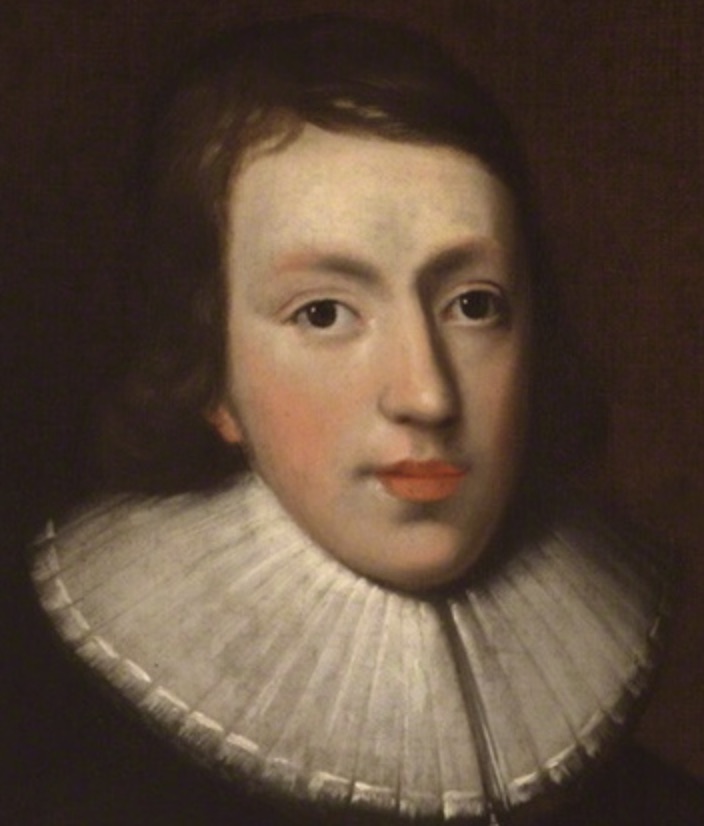
John Milton (1608–1674) was born on December 9, 1608, in London, England, into a prosperous middle-class family. His father, also named John Milton, was a scrivener (a legal secretary), and his mother, Sarah Jeffrey, came from a wealthy merchant family. Milton received a solid education, both at home and at St. Paul’s School in London.
He continued his studies at Christ’s College, Cambridge, where he excelled in languages, literature, and classical studies. During his time at Cambridge, he composed numerous Latin poems and participated in debates, earning a reputation for his intellect and eloquence. After completing his studies at Cambridge, Milton embarked on a tour of Europe, visiting France and Italy. During this period, he met various intellectuals and engaged in intellectual and cultural pursuits. He also studied independently and developed a deep appreciation for classical literature and philosophy.
Upon returning to England, Milton became increasingly involved in political and religious matters. He supported the Puritan cause and wrote several pamphlets advocating for freedom of speech and the separation of church and state. As political tensions rose in England, Milton found himself aligned with the parliamentary cause against the monarchy.
Milton’s most famous work, “Paradise Lost,” published in 1667, is an epic poem that retells the biblical story of the Fall of Man, portraying the rebellion of Satan and the expulsion of Adam and Eve from the Garden of Eden. The poem is known for its complex characters, vivid imagery, and exploration of theological and philosophical themes. In this epic poem, Milton expresses the dangers of licence that we see today in modern tribalism. Although his message is expressed in an admonition from Michael the Angel to Adam, the “first human,” it carries insights about the surrender of individual autonomy to a tribal relying cry.
- Since thy original lapse, true Liberty
- Is lost, which always with right Reason dwells
- Twinned, and from her hath no dividual being:
- Reason in man obscured, or not obeyed,
- Immediately inordinate desires
- And upstart Passions catch the Government
- From Reason, and to servitude reduce
- Man [who was previously free] till then free. Therefore since he permits
- Within himself unworthy Powers to reign
- Over free Reason, God in Judgment just
- Subjects him from without to violent Lords;
- Who oft as undeservedly enthrall
- His outward freedom: Tyranny must be,
- Though to the Tyrant thereby no excuse.
- Yet sometimes Nations will decline so low
- From virtue, which is reason, that no wrong,
- But Justice, and some fatal curse annexed
- Deprives them of their outward liberty,
- Their inward lost.
Milton’s involvement in politics continued, and he served in various capacities under Oliver Cromwell’s government, including as Latin Secretary for Foreign Tongues. After the restoration of the monarchy in 1660, Milton faced political and legal challenges but was ultimately spared severe punishment.
John Milton’s contributions to literature and political thought have had a lasting impact. His poetry, particularly “Paradise Lost,” is considered one of the greatest achievements in the English language. His defence of free speech and individual liberty also remains influential. John Milton died on November 8, 1674, in London, leaving behind a significant body of work that continues to be studied and admired for its literary and intellectual richness.
